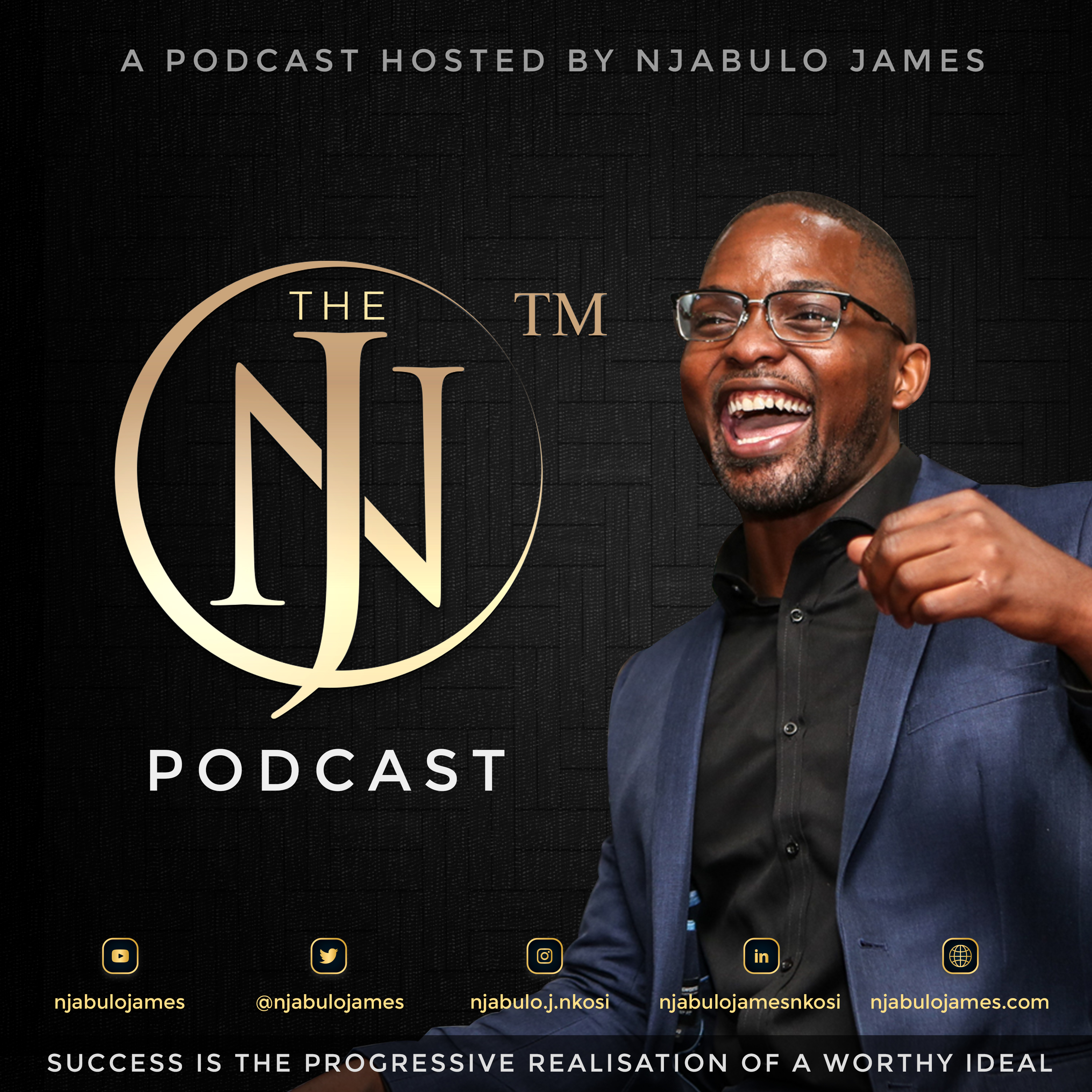Everyday Series | Season 1 | Significant Lessons Saturdays | 015 | Alexander The Great
In this episode, we unpack lessons from Alexander The Great.
He was the Macedonian prince who became king at 20. He conquered most of the known world by his death at 32. He is widely regarded as the greatest military commander in history - 15 years and he never lost a battle. There are many lessons in life and leadership that we can learn from the originator of the 'Blitzkrieg' tactic. His name is Alexander the Great and here are my favourite lessons from him.
Be apprenticed to a mentor
"I am indebted to my father for living, but to my teacher for living well."
Alexander was made great in no small part due to the role mentors played in his life. His own father, Phillip of Macedon was a great king who taught him life lessons. In addition, Phillip hired one of the greatest philosophers of his day, Aristotle, to mentor Alexander at age 13. After three years of tutelage, Aristotle's lessons had sunk in. Alexander didn't stop there but actively pursued other mentors in his quest for learning - he even stopped his own conquest journey to have more conversations with mentors.
Alexanders greatness stemmed from having guidance from the world's best mentors from an early age. Mentors can guide us in what we don't know, shorten our learning curves and keep us accountable to high standards. You cannot establish anything of great quality without mentorship. Be apprenticed to a mentor.
Never be satisfied
"As he looked over the expanse of his domain he wept because there was no more world left to conquor"
Alexander had an impeccable and flawless military record. He went 12 years without losing a single battle. He conquered all of the known worlds; at his time of existence, there was not one person to whom Alexander's name was not known. This was a result of insatiable hunger for more and a lack of satisfaction. After each battle, victory and innovation, Alexander always wanted more. The tale is told that when it seemed that he had conquered all there was, he wept in sorrow because he was always hungry for more.
A very good way to lose and become irrelevant is to adopt an air of complacency. Once you are complacent, you stop improving, growing, learning and stop reaching out for more. Many companies have fallen into this trap and the result was oblivion. Be like Alexander and refuse to be satisfied.
Cherish the speed of implementation
"How fast you are moving is more important than where you are"
Many accredit Nazi Germany for the military tactic called the 'Blitzkrieg'. The Blitzkrieg is characterised by short, fast and powerful attacks where the opponent is overwhelmed by speed. However, this tactic was first cultivated by Alexander The Great. He would meticulously plan a campaign, organise logistics and execute the plan so fast that opponents were conquered before they could get their swords up.
Those who constantly move swiftly and fast (in a calculated way) will be the ones who are agile, get things done quickly and get ahead whilst others do not remain relevant. Do not be left behind and cherish the speed of implementation.
Focus on the quality of leadership
"I am not afraid of an army of lions led by a sheep; I am afraid of an army of sheep led by a lion."
Alexander always had a strong emphasis on appointing the strongest leaders and generals in the correct positions; never compromising on quality whilst those he conquered focused on quantity of leadership. In a battle against Persia, his army was outnumbered three to one. However, Alexander proved that the number of men didn't matter because his armies had the best leaders; everything rises and falls on leadership - the better quality of leadership the more probable your victory.
In John C. Maxwells book "The 21 Irrefutable Laws of Leadership" he relates the story of a conversation he had with a leadership expert. The leadership expert said that whenever they want to turn a company around, they would fire the CEO. The reason is that normally, the poor performance of a company is a result of poor leadership. This is evident in the firing and return of Steve Jobs at Apple. You may have the best resources but below par, leadership will always lead to not always reaching the target. Focus on the quality of leadership.
Talent and skill are important
"Without knowledge, skill cannot be focused."
There is no replacement for great skills that stem from talent and Alexander knew this. It is not enough to remain talented in an area but talent needs to be cultivated and turned into skill. Skill is a result of dedicated and focused practice on your talents. Alexander knew that skill and innovation would lead to his strategic advantage. Due to his focus on the deployment of innovation and skills development; the reliance on the creativity of his engineers and mastery of logistics, his army was the most advanced of his time.
In a world of increasing complexity and call for innovation, there is more dependence on skills cultivation and mastery. Talent and skills are important.
Succession planning
"In the end, when it's over, all that matters is what you've done"
Here is a lesson that can be learnt from Alexander's failure. At the age of 32 after a campaign in Asia, Alexander died mysteriously. The tragedy of his death was not that he died but that he died without a clear and viable succession plan. His kingdom was split amongst four generals and later deteriorated in power and notoriety.
In business and life, those who are forward-thinking always think of a succession plan in order to build and continue their legacy. In contrast to Alexander, Genghis Khan had a succession plan where his kingdom remained in his family for over 150 years. The difference was that Ghengis had identified heirs, trained them and ensured they would be able to continue with his kingdom. Be sure to have a good succession plan.


